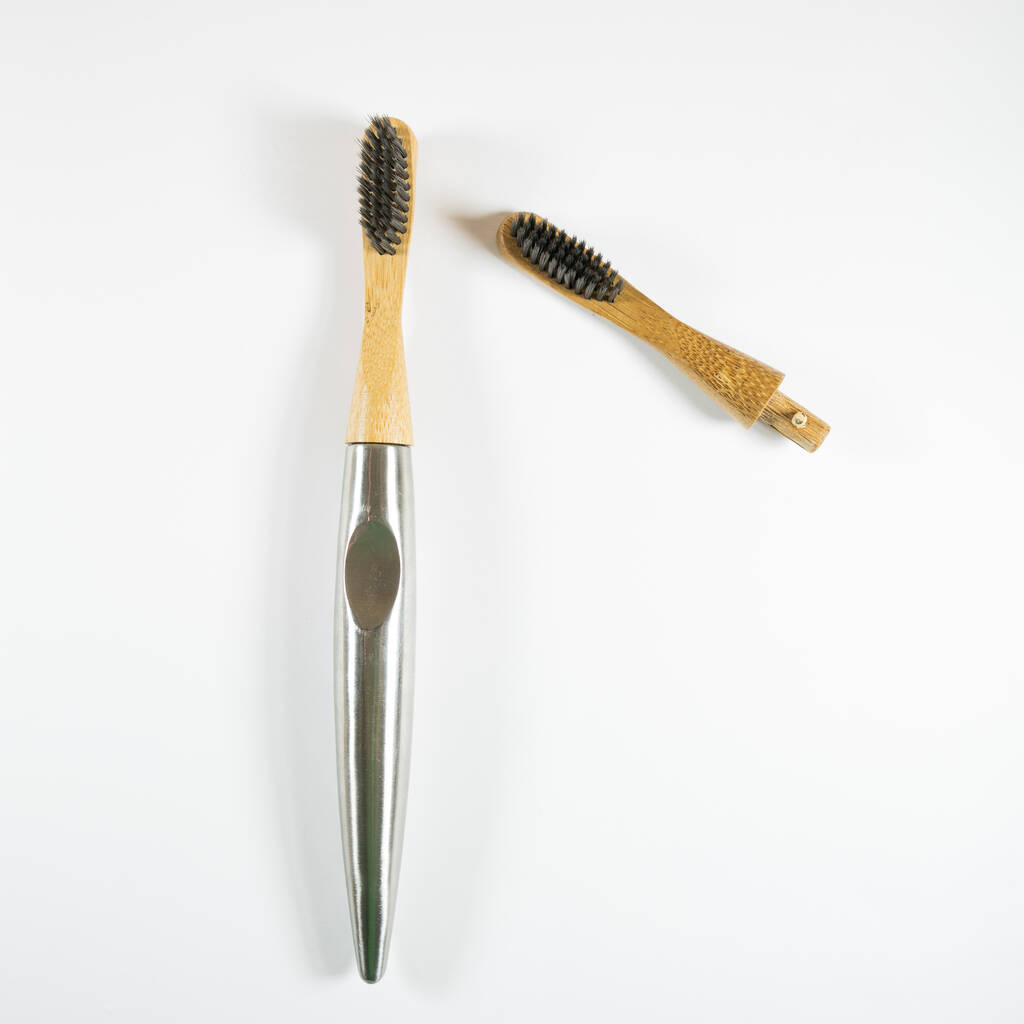There are Better Alternatives to Wheelie Bins

Overflowing bins on street corners, foxes dragging chip wrappers across pavements, and plastic bags caught in branches – urban rubbish collection faces fresh challenges every year. Bin strikes leave garbage festering, while growing city populations put more pressure on tired collection systems.
Add in the problem of waste escaping, whether thanks to scavenging animals or the bags splitting, and the flaws become clear. Rethinking how we collect and contain rubbish isn’t just about tidier streets, it’s about health, safety, and protecting the planet.
Also read our post on using biodegradable bin bags.
Wheelie Bins Don’t Deter Widllife
Suburban and city wildlife have adapted to feast on our rubbish. Gulls puncture thin bags in seconds, flinging food scraps across walkways. Foxes sniff out unsecured bins, tipping them over or tearing through low-quality liners. Rats thrive in areas with frequent rubbish spills, posing serious health risks.
Traditional black bin bags (which can’t even be recycled as machines don’t recognise the colour) and basic wheelie bins offer little defence against persistent animals.
Vulnerabilities During Bin Strikes
When bin workers strike, the weaknesses in waste systems get exposed fast. Bins overflow, pavements clog with black bags, and residents feel the effects. Rubbish left out for longer attracts more scavenging, increases odour, and blights neighbourhoods.
Overflowing bins aren’t just messy – they upset public health and community morale. No backup plan means things quickly spiral out of control.
Shared Street Bins
Street bins shared between homes cut clutter and keep rubbish out of each others’ gardens. This is happening in Newcastle, where large metal wheeled bins are shared by residents in back lanes. This means people deposit rubbish (and recycling) locally, with no need for everyone to lug wheelie bins outside their doors each week or fortnight. And if the bin is full, you just walk a short distance to the next one.
Studies have shown that most people are responsible with this, with no increase in theft (though shred documents) or fire risk (better contained anyway in a metal bin, rather than plastic).
Solar Belly Bins (compact waste)
Solar belly bins use the sun’s energy to compact rubbish inside, holding up to five times more waste than a normal bin. This means fewer collections, less mess, and lower costs. The brand describes how these bins deter rodents, due to being fully enclosed, using a hopper or chute disposal device.
Solar bins may have less fire resistance, so ask before purchase for safety advice. The best solution is to use integrated automatic fire extinguishing systems.
Underground Sensor Bins
Underground bins go even further – waste stays below street level, locked away from animals and weather. Fullness sensors tell collection teams when a bin needs emptying, ending the guesswork and cutting down on missed pickups. Residents get tidier streets and fewer overflows.
Community Compost Schemes
Community Compost Schemes encourage people to separate food waste and help reduce what goes to landfill. These efforts create fertiliser for shared gardens, cut emissions, and boost community spirit.
Read more on making garden compost (there are many things you can’t compost – also keep fresh compost away from pets, due to it containing mould – read more on pet-friendly gardens).
It’s best to just bin allium scraps (onion, garlic, shallots, leeks, chives) and citrus/rhubarb scraps, as acids may harm compost creatures. Also don’t bin more than a little caffeine (coffee grounds or tea leaves) as excessive caffeine can harm worms – add dry shredded cardboard to balance acids, and bin the rest).






